At Westbourne Primary, we believe that every child
can excel in mathematics
Through our maths mastery program, we aim to cultivate confident, resilient, and resourceful mathematicians who approach challenges with curiosity and perseverance. By nurturing a deep understanding of mathematical concepts, promoting flexible thinking, and fostering problem-solving skills, we aim to empower our students to thrive in an evolving world where mathematical literacy is essential for success.
Aims
- Empower every child as a mathematician
- Develop a love of mathematics as a subject and as a way of understanding the world
- Provide a systematic and coherent curriculum which enables all to succeed
- Ensure deep understanding by teaching through a mastery approach
- Ensure that pupils memorise the key facts, patterns and procedures they need to reduce cognitive load and develop efficient practice
- Develop articulate pupils who can share, reason, explain and justify their thinking
- Build resilient pupils who can use a range of strategies to solve problems in a clear, accurate and logical way.
- Provide concrete resources and examples to deepen pupils’ understanding of mathematics.
Curriculum Design
At Westbourne Primary, we teach the National Curriculum using the White Rose Maths scheme of learning. This is supplemented with the Primary Mastery materials from the NCETM.
In Reception and KS1, pupils also access the ‘Mastering Early Number’ program to help them develop secure number sense and fact recall. Pupils then follow a systematic program based on the Ashely Down times table system to ensure that all are successful in their times table learning. This helps to reduce cognitive load, and frees up working memory for pupils to think deeply. Key facts and procedures are carefully mapped across the school to ensure consistency and coherence.
Mastery
We teach mathematics using a ‘Mastery’ approach. In this, pupils master all key concepts and knowledge they need before moving on to the next step. Lessons are carefully planned and sequenced using the Big 5 Ideas from the NCETM: fluency, variation, representations, mathematical thinking and coherence. A CPA approach is used throughout. This grounds pupils’ understanding in real world contexts and hands on experience, developing rich conceptual models of mathematical concepts, before moving in small steps towards more abstract representations.
By moving together in small steps, and exploring concepts in greater depth, we enable all pupils to be successful, while providing challenge through deep understanding, exploring connections in detail and using mathematical reasoning throughout.



